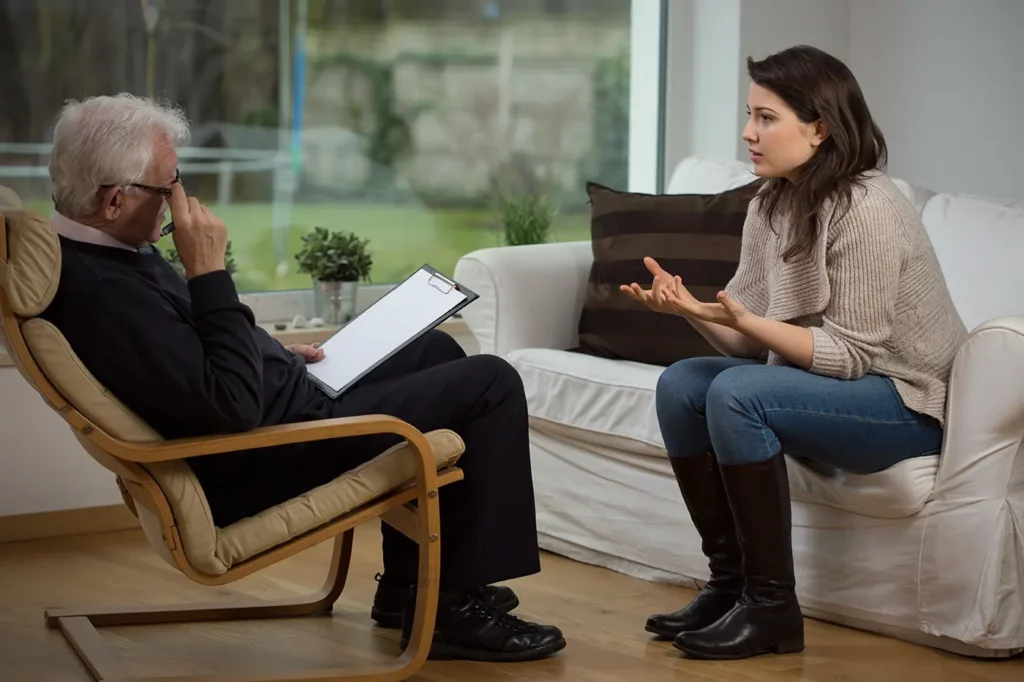24/7 Helpline:
(866) 899-111424/7 Helpline:
(866) 899-1114
Other Insurance Options

BHS | Behavioral Health Systems

ComPsych

Health Choice

Self-pay options

Magellan Health

Amerigroup

Anthem

BlueShield

American Behavioral

Meritain

Premera

Regence

Lucent

Holman Group

Oxford

UMR

Molina Healthcare

Horizon Healthcare Service

Cigna

UnitedHealth Group
























Meridian Behavioral Health
Meridian Behavioral Health - Ishie Avenue offers outpatient treatment for individuals with alcohol a...

Intensive Treatment Modalities Group
Intensive Treatment Modalities Group hast provided mental health treatment and care for adult and ad...









